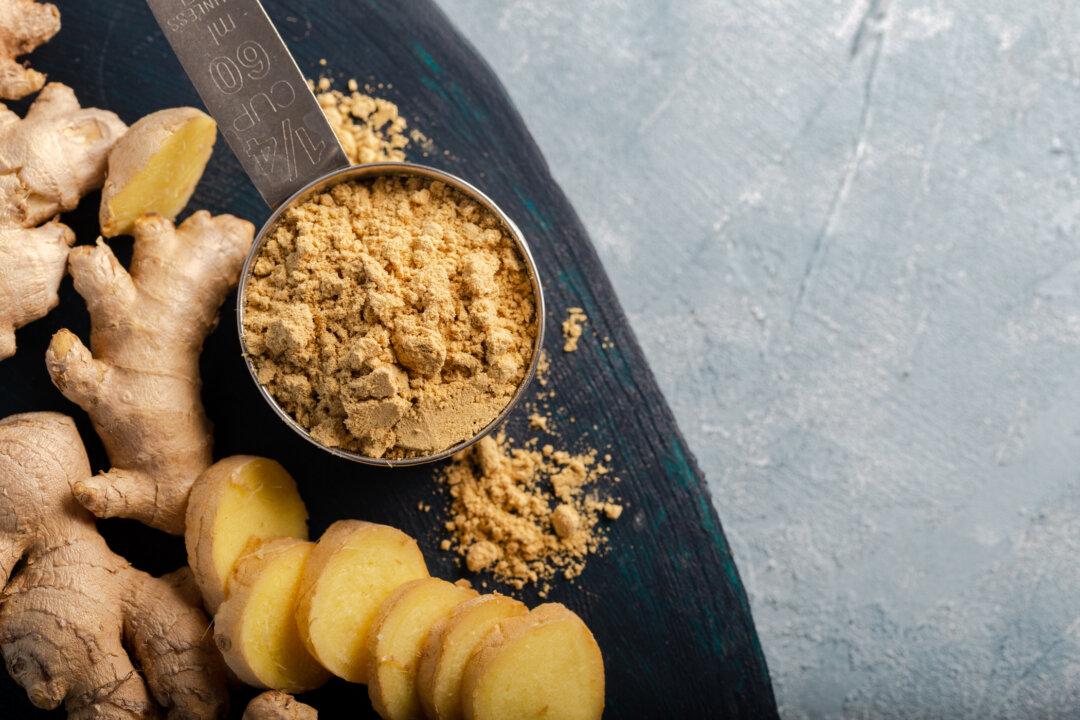Thirty years of research reveals 10 of the best food phytonutrients to ingest to protect against and even treat the root cause of most cancers.
A new medical model is fast emerging in line with ancient wisdom: one that aims to strike to the root cause of disease and resolve it permanently. Some call it “functional medicine,” a medical practice that focuses on supporting the optimal functioning of the body and its organs.In cancer treatment, this highly rational approach involves targeting the cancer stem cells (CSCs) at the root of cancer malignancy. We now know that CSCs can be resistant to chemotherapy and radiation treatment, and some research suggests these cancer stem cells may even increase in number and invasiveness when exposed to these therapies. A superior cancer treatment should be capable of selectively killing and/or inducing suicide programs (apoptosis) within cancer cells without harming non-cancerous cells.
A review published in the International Journal of Molecular Sciences titled, “Phytochemicals as Innovative Therapeutic Tools against Cancer Stem Cells,” evaluated the possibility of just that. It found evidence that natural compounds within various foods and spices can provide treatments capable of targeting CSCs.
According to the review of 30 years worth of literature on the topic, the following 10 natural substances have been demonstrated to be the most effective chemopreventive dietary agents against CSCs:






